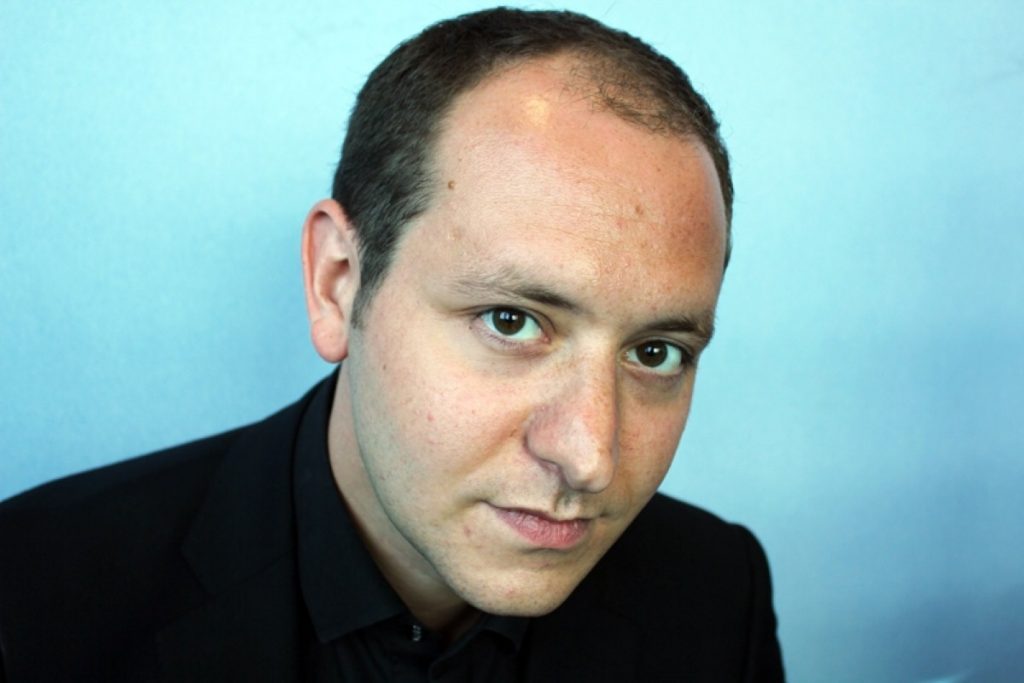Comment: Mantel didn’t attack the Duchess, she attacked the press
Hilary Mantel has committed the modern crime of being independent-minded and witty. The Booker prize winning writer gave a marvellous speech in which she described Kate Middleton as a "jointed doll on which certain rags are hung". She started as a "mannequin, with no personality of her own, entirely defined by what she wore" and is now "mother-to-be", a short stop on the way to being given that catch-all tabloid pregnancy tag of "radiant".
It is plain to see that Mantel's criticisms are directed not at the Duchess of Cambridge but at the press. The full essay is worth reading, by the way. It is lucid and thoughtful, unhindered by dogma or a need for popularity, and written with a beautiful use of the English language. It made me chastise myself for never having read her novels. It is a mistake I will correct immediately.
The press has a very strange way of covering royals. It only really comprehends how to build up and then knock down careers. It struggles to find the appropriate tone for people who must be treated with a certain degree of deference and have no end point to their public profile. Coverage is usually absurdly protective and tedious but then it will suddenly spike in a vicious attack.
Take Prince Harry, who, in Mantel's words, "doesn't know which he is, a person or a prince". He is praised as a warrior hero for fighting in the Middle East. He is then demolished for having the temerity to find himself naked with young women at night, which is a not-unheard-of type of behaviour for men of his age. Then, when he gives another interview, he is allowed to attack the press without tabloid editors organising a campaign against him – a campaign they would launch without thinking if it were anyone but a royal, as the coverage of Mantel will testify.


To a certain degree, this is necessary and inevitable. Royalty must be empty. As the machine which installs the head of state, it must be blank enough for us to impose our own projections on it. If the royal family has a strong character – be it social or political – it would seem a tyranny. The reason monarchy works so well in this country is because they are so rigorously private we can impose our own personal assumptions onto their public life.
That is their role, as head of state. It is one of the great benefits of this country's constitutional arrangements that it has a non-political head of state. The alternative robs half the population of their patriotism and unforgivably mixes up national sentiment with politics. For the system to work, the monarchy must be as characterless as possible; all their public outings prolonged bouts of walking, waving and smiling.
Try to remember what Kate's voice sounds like. It is difficult. She rarely speaks, because her role is not to speak. It is to be seen. She is like some idealised version of the Victorian childhood. You can see the burden of these demands on the younger royals. It is the awesome responsibility of their birth, their public duty. This is why so few republican arguments about the privileges of the royal family ring true. You can throw all the money at it you like, but most people would never swap places with a royal. They are denied the right to have a public character and their life is reduced to a series of polite greeting and hospital openings.
Strangely enough, the flashes of character we have seen from the royal couple come during moments which St James' Palace tries to shut down. The paparazzi shots of William and Kate sunbathing topless or messing about on a beach actually show genuine character. The couple's clearly genuine intimacy was oddly surprising. Until that moment, you really could have no idea how they behaved in private, or if the whole thing was just an elaborate act.
It is easy to side with William and Harry about the treatment they have received from the media. Its obsession with them killed their mother. But the tabloid outrage over Mantel's comments is uniquely hypocritical in this respect. The royal family has never criticised the British public for its mockery and criticism of the royal family. From Jeremy masturbating over a five pound note in Peep Show to the constant jokes about Prince Charles talking to plants, the British acceptance of the monarchy is balanced by a willingness to laugh at it. It's quite possible – likely even – that this quality is what allows royalty to flourish in this country with precious little debate about its suitability.
Not only have the royal family never criticised this attitude towards them, but the Queen used the opening ceremony of the Olympics to show that, at least to a certain extent, she was in on the joke too. Brits will never accept anyone who takes themselves too seriously and the royal family are wise enough to recognise that that applies to them as well.
Mantel's comments on the royal family fit firmly within this tradition of critical acceptance. The tabloid anger is strange and foreign – a strict, North Korean-style puritanism which is alien to British sensibilities and the traditions which have allowed the monarchy to persist in the first place. Mantel is not talking about Kate Middleton. She is talking about the press. And she has duly attracted their venom.
The opinions in politics.co.uk's Comment and Analysis section are those of the author and are no reflection of the views of the website or its owners.









